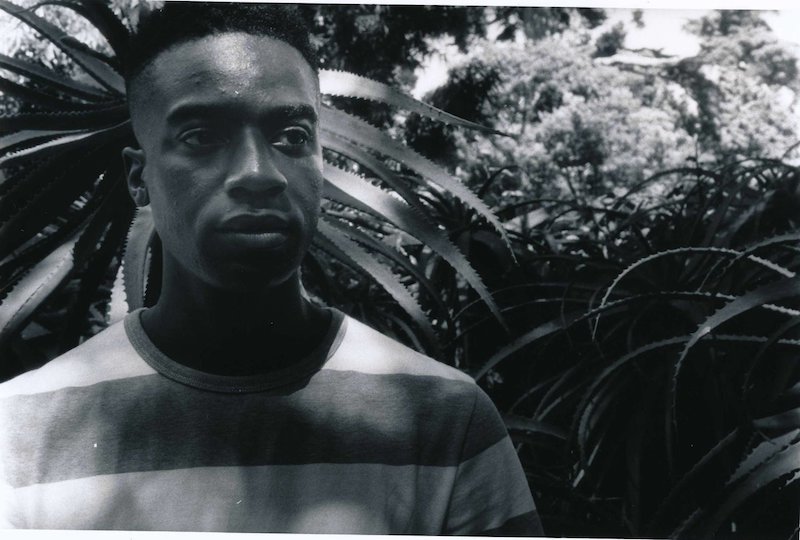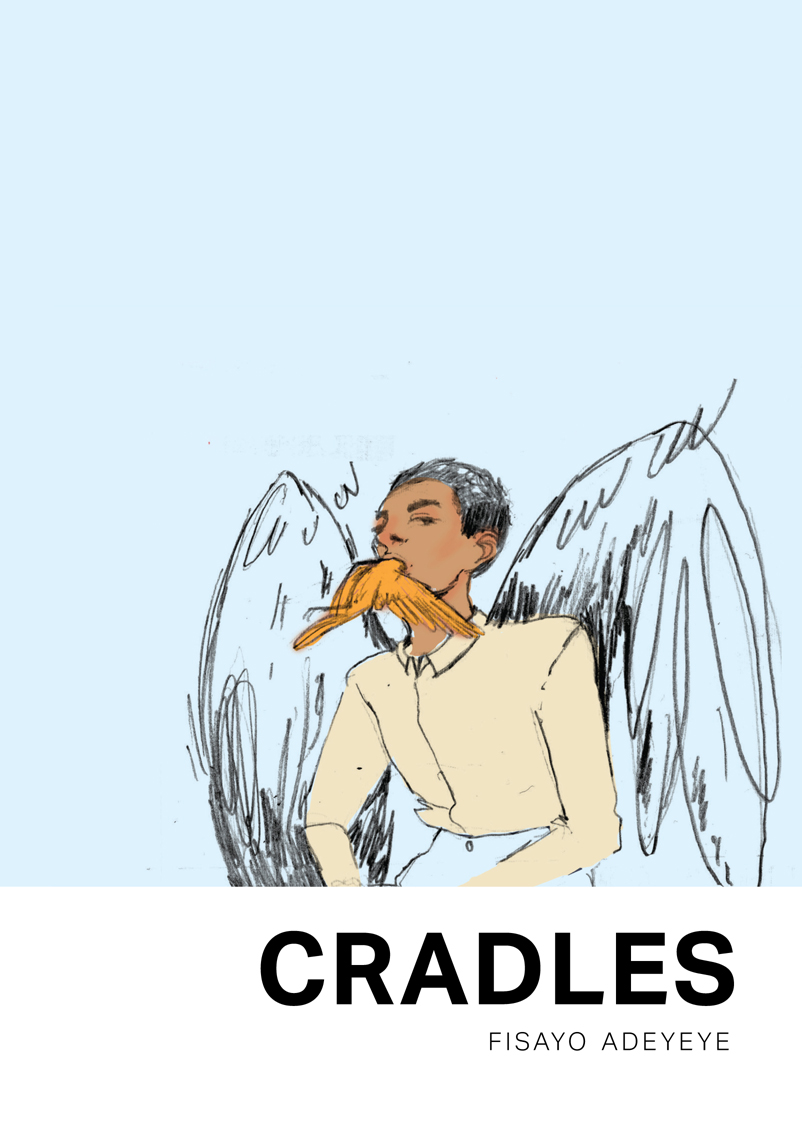Call him Ishmael. Tell him a black body is nota white whale, and see if he believes you.You can neglect this one until it grows. ChineseEvergreen. Pothos on the roof. How the Boy spit outall the coins he swallowed, so the boatmanwouldn’t get them. Tell him it’s the busman here.Tell him your phones won’t work, this far intothe field. How over there in the burnt succulentpatch, a black man sat and drank water untilhe died, clawed fingers hooked in his too-thin birdchest. Tell him a black body is not a white whale.Tell him. And see if he believes you.
Knots
Fisayo Adeyeye
Feature Date
- August 25, 2019
Series
Selected By
Share This Poem
Print This Poem
Copyright © 2019 by Fisayo Adeyeye
All rights reserved.
Reproduced by Poetry Daily with permission.

Fisayo Adeyeye was born and raised in Southern California. He is the former Poetry Editor of Fourteen Hills, and a co-curator of the VelRo Graduate Reading Series. His chapbook, Blackfish, was a finalist for the 2015 Best Prize Chapbook Contest (Big Lucks). He has works published in Noble/Gas Qtrly, Nailed Magazine, New American Writing, and This Magazine. You can talk to him about ants, whales, and other animals/objects of comparable size at fisayoadeyeye.com.
"Cradles is an absolutely stunning first collection of poems. Each individual lyric in this book swelters and begs and demands and attempts to make sense from the impossible. Adeyeye's language is formally def, investigatory and ghostly punching, writing 'There were no more metaphors for the violence of men.' Get your hands on this book, get your hands shook."
— sam sax
"Fisayo Adeyeye's Cradles is a book of brilliant, miniature landscapes. Each poem painting a vivid picture of place, identity, and our relationships to both of those things. Poems pull you in with lines like, 'Mother says having children is like painting in reverse,' and keep you on edge for the entire journey. This is a brave and needed collection, detailed in its language, imagery, and scope."
— Hanif Willis-Abdurraqib
"Fisayo Adeyeye's poems are ravenous and radiant. With a keen ear and an attentive eye, he makes visible how the body and the mind hunger for love, kinship, and for the divine. These hungers, of course, are never satiated, but these beautiful poems remind us these hungers are what make us human. His language shimmers with grace and wisdom."
— Eduardo C. Corral
Poetry Daily Depends on You
With your support, we make reading the best contemporary poetry a treasured daily experience. Consider a contribution today.




